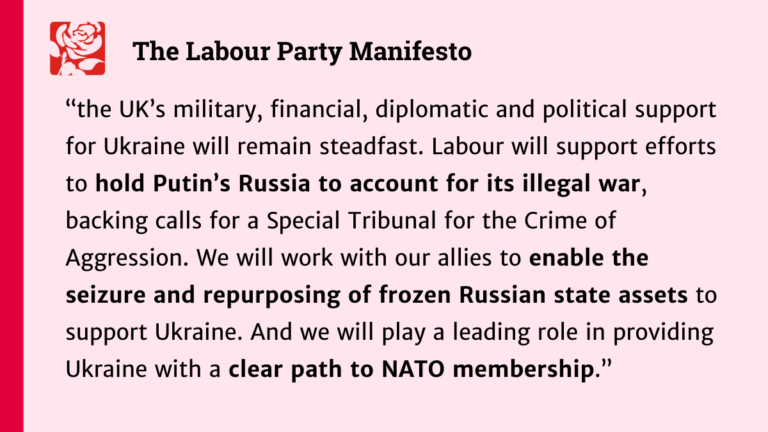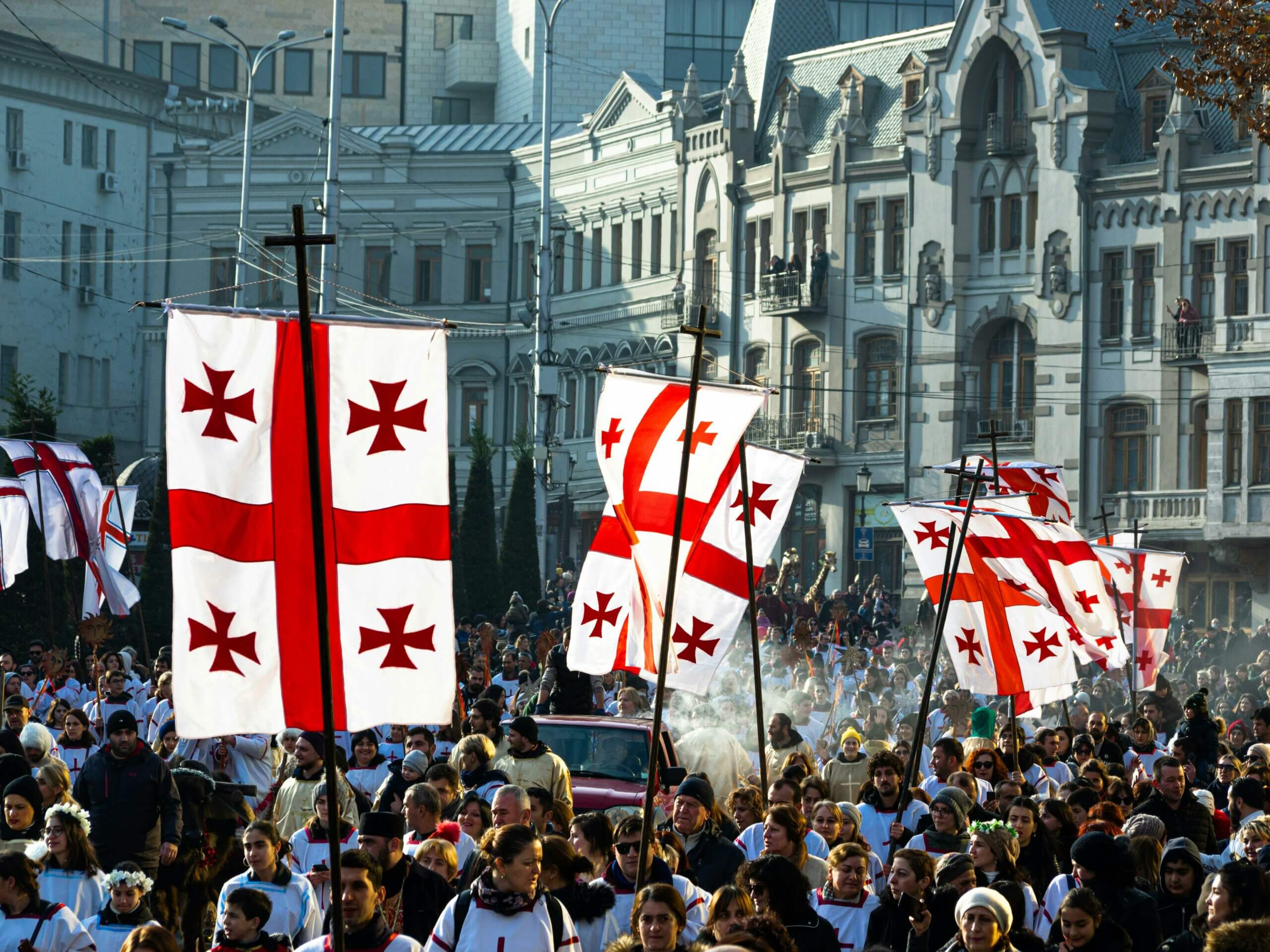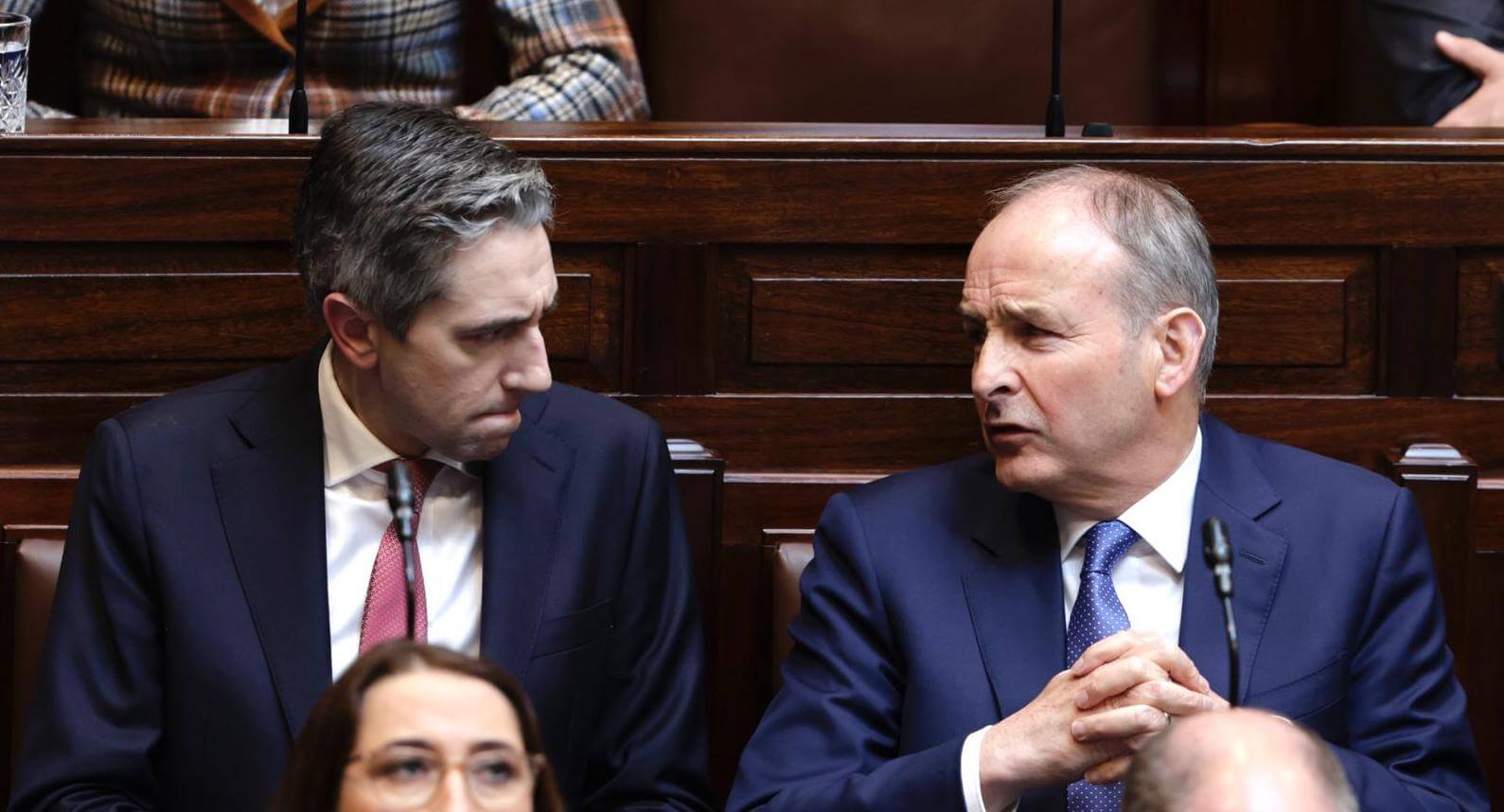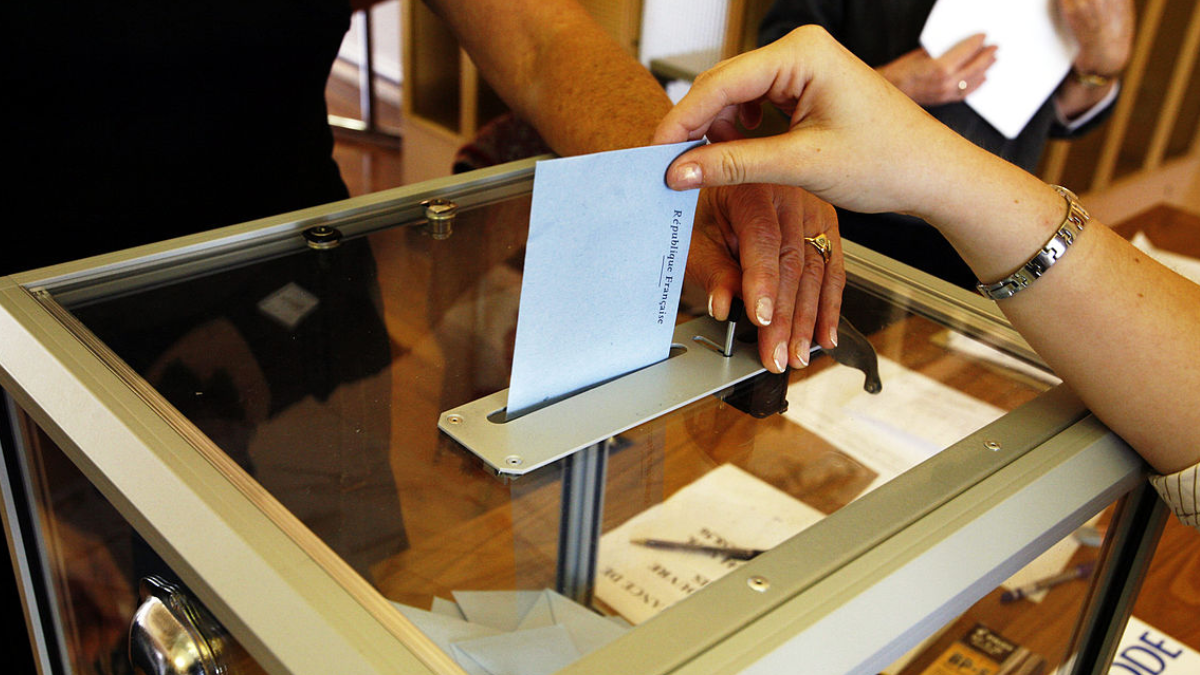The 2024 general election is just over two weeks away. In the campaign so far, we have seen the NHS, housing, immigration, and farming take centre stage in discussions over policy. However, and this is the case for most elections in the UK, one area that often does not receive significant attention is foreign policy.
Of course, one could argue that the 2019 election was dominated by ‘Brexit’ – essentially a verdict on our position on the global stage, and the bilateral ties with our neighbours. However, much of that election and the narratives surrounding Brexit related to how it would materially benefit the UK domestically. For example, it was argued that by leaving the European Union the UK would be able to introduce a points-based immigration system, ‘take back control’ by bringing judicial and legislative supremacy back to Westminster and UK courts, and support agricultural workers better by regaining control over British fishing waters and ‘freeing’ farmers from the Common Agricultural Policy.
Next month’s election is being framed along domestic lines – the economy and the NHS being the two most salient. However, should this concern British allies such as President Zelenskyy in Ukraine, who desperately relies on UK support as his country faces sustained invasion by Russian forces?
Ever since Russia’s full-scale invasion of Ukraine in February 2022, Kyiv has been calling for Western financial assistance, stressing that without such, it will not be able to defend its sovereignty. Britain was one of the first to respond to these calls, providing the country with long-range missiles. Former Prime Minister Boris Johnson was one of the foremost champions for continued Western support for Ukraine, and the UK has maintained its role as one of the leading donors to the country, alongside the USA and Germany. Likewise, Labour has committed to ensuring that:

However, with the scale of domestic challenges facing the UK, and with the USA also facing an election in which a candidate with a track record of expressing admiration of Russian President Putin is expected to win, is it any surprise that Zelenskyy might be agitated?
Tackling apathy and a lack of appetite
After more than two years of the war, the prospect of ‘Ukrainian fatigue’ is also becoming increasingly possible. Now, with sky-high energy prices, the rise of far-right political parties across Europe advocating for a more lukewarm relationship with Russia, and with Ukraine slipping from the spotlight in favour of Israel, it seems like some are forgetting about the country’s struggle. Additionally, in the UK, the Conservatives face a heavy defeat in large part due to Reform UK (polling at an average of 17%) – who has not included anything about Ukraine in its ‘Contract with the People’ (a euphemism for a manifesto), and whose voter base are often associated with a more isolationist foreign policy. For example, when Reform’s Chairman, Richard Tice visited Ukraine to hand deliver aid, he faced substantial criticism by many of the party’s supporters of ‘putting Ukraine before the UK’ and spending ‘even more’ of British taxpayers’ money on the war.
Additionally, the security concerns relating to the war are not perceived to be a priority amongst British voters. For example, according to YouGov, 5% of voters say the conflict in Gaza will be one of the most important issues in deciding who they will vote for in July. The war in Ukraine doesn’t even register. Whilst, a separate poll from February 2024 found that 50% of the British public advocate the UK continuing its support of ‘Ukraine in its efforts against Russia until such a time that Russia withdraws from the country, even if this means the war and its effects last longer’, 33% of Brits surveyed believe Russia has an advantage in the war, compared to just 4% for Ukraine. When just 4% of the population believe Ukraine has an advantage in the war should it come as a surprise that apathy with the war has set in for many millions of voters?
Regardless, in the UK, both Conservatives and Labour (at least on paper), are devoted to providing the much needed aid to the Ukrainian military. The former pledged to devote £3 billion a year in military support until the end of the decade. Soon after, Labour announced its commitment to do the same, although for a while it was uncertain whether the party would match the Conservatives’ commitment. However, as Labour is yet to announce how they plan to finance the Ukrainian aid, Prime Minister Rishi Sunak has questioned the party’s ability to do so. The Conservatives have already announced that its plan to do so comes from cutting the Civil Service – a move Labour strongly opposes. Nevertheless, Labour’s devotion to Ukrainian efforts seems to be clear and solid – evidenced by Shadow Defence Secretary John Healey MP’s trip to Kyiv where he officially announced Labour’s commitment to match the Conservatives’ £3 billion plan.
Moreover, Shadow Foreign Secretary, David Lammy MP stated that European security would be a foreign policy priority, as well as “fast tracking” Ukrainian membership of NATO, and committing to boost the UK’s defence spending to 2.5% (however, not until 2030) “when fiscal conditions allow”.
From the Ukrainian perspective, whoever wins the general election will continue to support Ukrainian war efforts. The fact that the Conservatives present a path to do so should not mean that Labour’s dedication to long-term military help should be doubted.
Ultimately, both parties surprisingly agree on the security matters, with both committed to similar goals. It is doubtful that either would cut support short – it could be perceived by the public and media as an admission of the UK’s diminished role on the world stage, and gift Putin a win in his war campaign. President Zelenskyy can afford to steady his nerves for the Summer – November’s US presidential election will be the ‘make or break’ moment for his country’s future.






